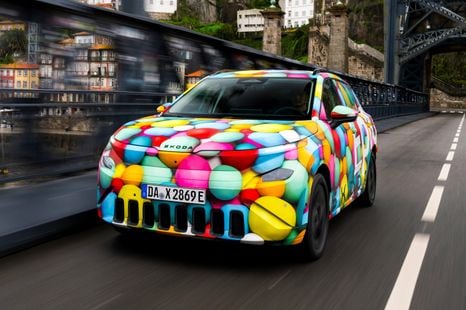

Dave Humphreys
2027 Skoda Epiq review: Quick drive
3 Hours Ago

Contributor
BMW has announced it will be using newly-developed cylindrical battery cells from Chinese battery giants CATL and EVE Energy in its upcoming Neue Klasse vehicles from 2025.
This confirms previous reports from earlier this year noting that CATL signed an agreement with BMW to be nominated as the supplier of the new cylindrical cells.
BMW has already given CATL and EVE Energy contracts that are “in the two-digit billion euro range”, or at least $A15 billion, to produce the new circular battery cells.
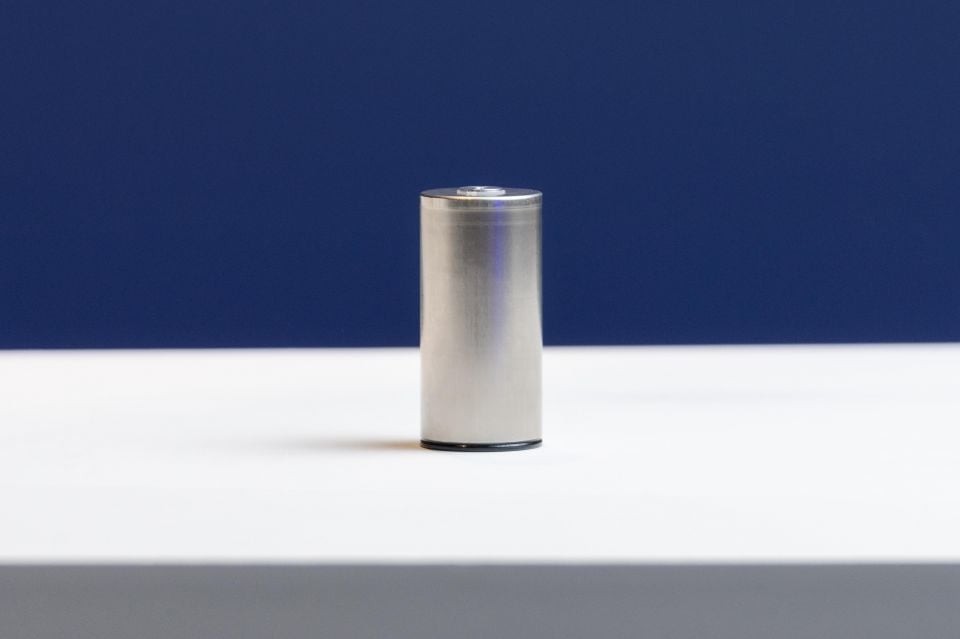
Using its in-house Battery Cell Competence Centre, BMW said it has been able to “significantly reduce costs for the high-voltage battery”, thanks in part to the new cylindrical battery cell.
BMW claims these new battery cells will reduce production costs by up to 50 per cent compared to its current, fifth-generation prismatic battery cells.
BMW also said it’s targeting manufacturing cost parity between battery-electric vehicles (BEVs) and internal-combustion engine (ICE) vehicles, but did not give a timeline of when to expect this.
In addition to reduced production costs, BMW said it’s possible to “significantly increase the range” of a flagship Neue Klasse model by up to 30 per cent, according to WLTP testing.
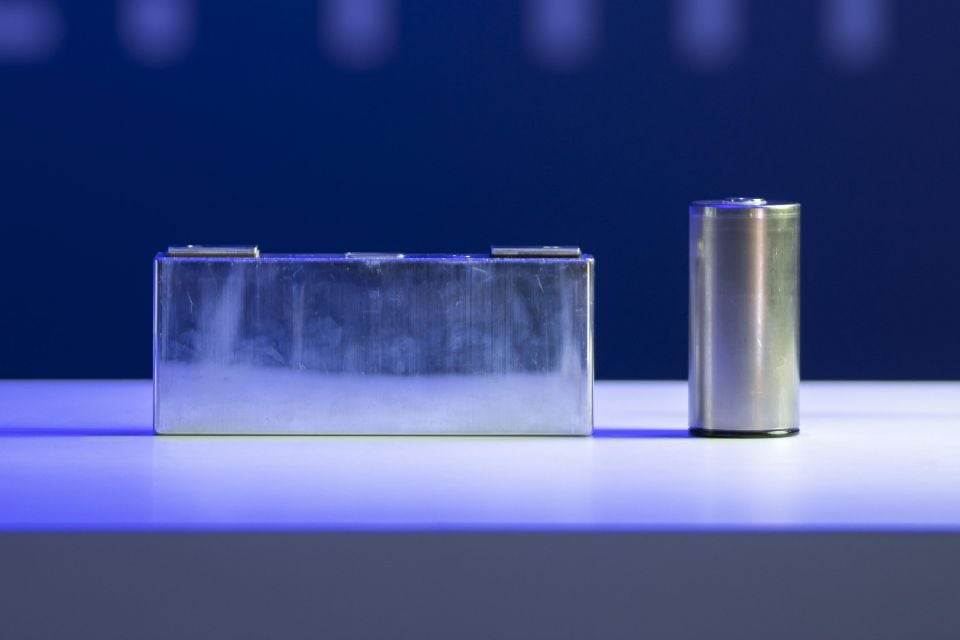
The round battery cells will also be 20 per cent more energy dense compared to current, fifth-generation BMW battery cells.
The German carmaker has said these new round battery cells have been specially designed for Neue Klasse models, and feature “fundamentally refined” cell format and cell chemistry.
There’s also the option of lithium iron phosphate (LFP) battery chemistry too, which is best known for being cheaper to produce but less energy dense.
The high-voltage components in Neue Klasse vehicles will have a voltage of 800V, compared to the current 400V in the iX, as well as an amperage of 500 amps.
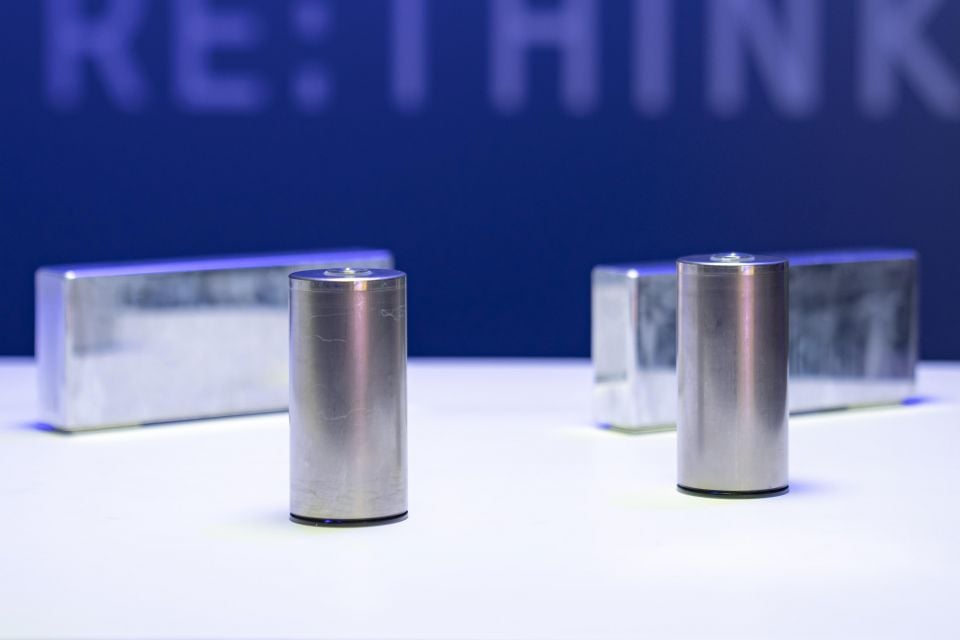
BMW claims this will reduce 10 to 80 per cent charging time by up to 30 per cent.
These new BMW round battery cells will measure in at 46mm in diameter, but come in two different heights. BMW hasn’t disclosed what these heights are yet.
When the round batteries come to market they will compete squarely against Tesla’s 4680 cylindrical lithium-ion battery cells, which are already being put into Texas-built Model Y SUVs and measure 46mm and 80mm long.
BMW said it will begin manufacturing “near-standard production of samples” in late 2022.
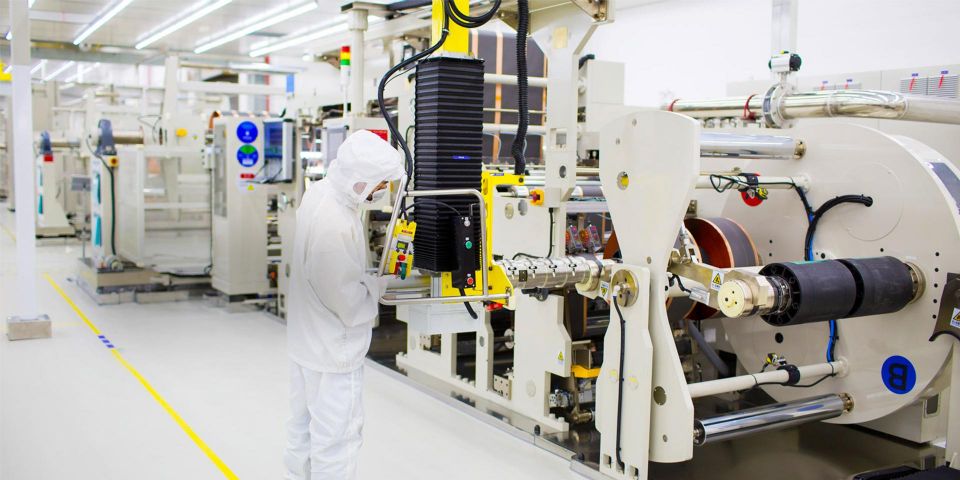
These new cylindrical battery cells will be produced in two gigafactories in China and Europe, with plans for two more in North America.
Each of these battery cell factories will have a total annual capacity of up to 20GWh.
BMW says it aims to reduce the carbon footprint of battery production by up to 60 per cent, compared to the current generation of battery cells.
BMW’s new series of EVs based on the Neue Klasse architecture is set to debut in 2025 on a 3 Series-sized vehicle.
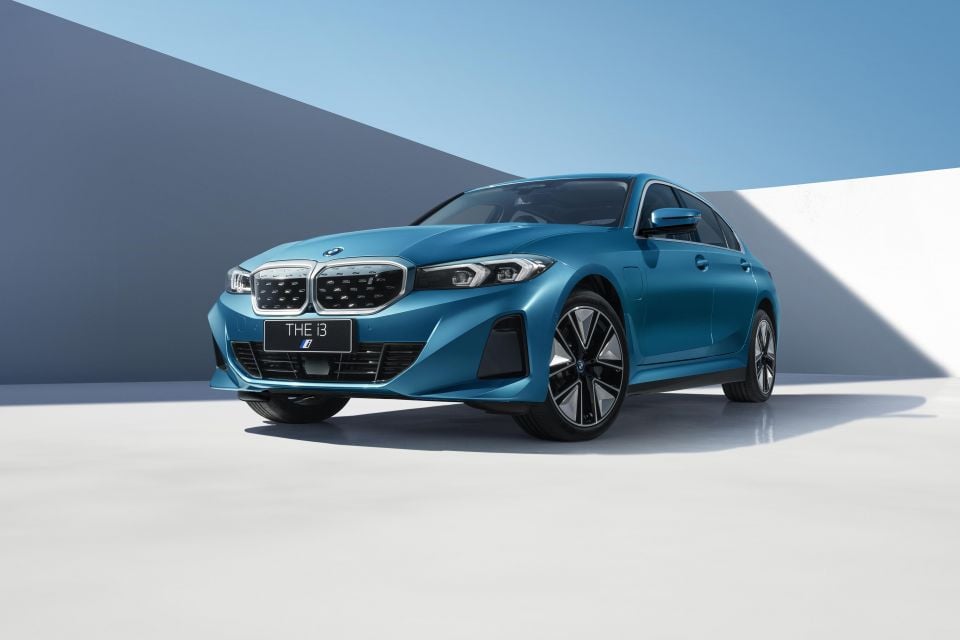
It’s still unknown what this first Neue Klasse vehicle will be known as. It could wear the i3 badge, which is currently used on a 3 Series EV for China and was previously used on the quirky hatch.
The new 3 Series-sized EV will be built at a new factory being constructed in Debrecen, Hungary.
Looking to the future, BMW is “pushing forward” with the development of all-solid-state batteries and aims to have high-voltage batteries of this type ready for series introduction by the end of this decade.
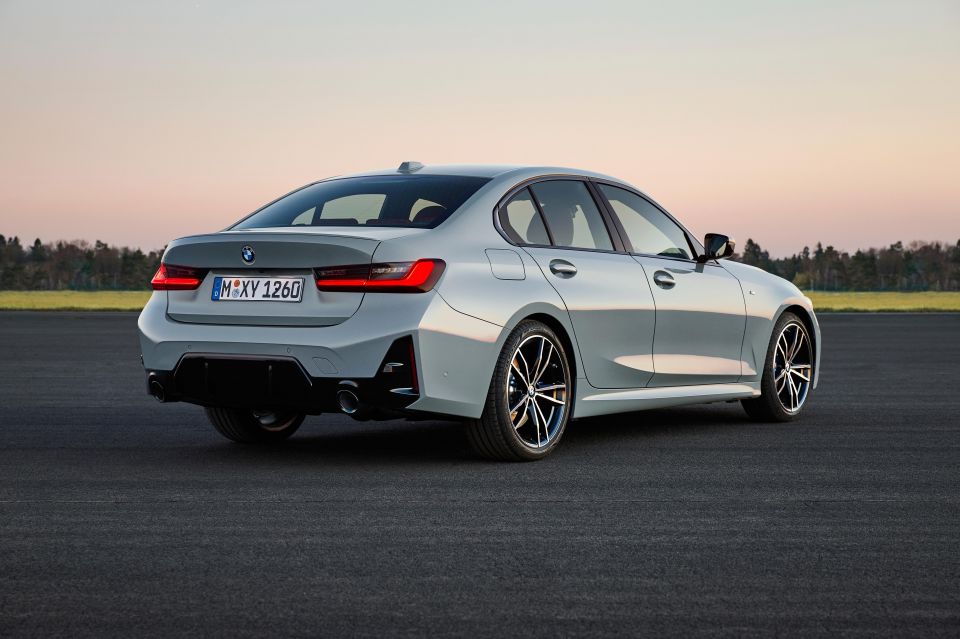
The German carmaker also plans to reveal a demonstrator vehicle fitted with this solid-state battery technology “well before 2025”.
Unlike some other automakers, BMW has yet to make any announcements about when it will end development and production of ICE vehicles.
The carmarker’s latest plan calls for it to produce a total of two million all-electric cars by 2025. By 2030, the company expects half of its annual global sales to be EVs.
MORE: CATL supplying BMW with cheaper batteries from 2025 MORE: BMW starting ‘Neue Klasse’ electric era in 2025 MORE: BMW Neue Klasse EV platform to debut on 3 Series-sized vehicle
Go deeper on the cars in our Showroom, compare your options, or see what a great deal looks like with help from our New Car Specialists.
Jack Quick is an automotive journalist based in Melbourne. Jack studied journalism and photography at Deakin University in Burwood, and previously represented the university in dance nationally. In his spare time, he loves to pump Charli XCX and play a bit of Grand Theft Auto. He’s also the proud owner of a blue, manual 2020 Suzuki Jimny.


Dave Humphreys
3 Hours Ago

Damion Smy
4 Hours Ago
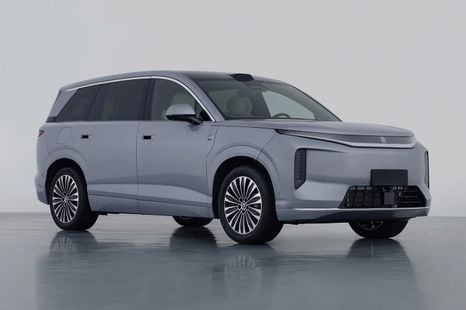

William Stopford
4 Hours Ago


CarExpert
6 Hours Ago
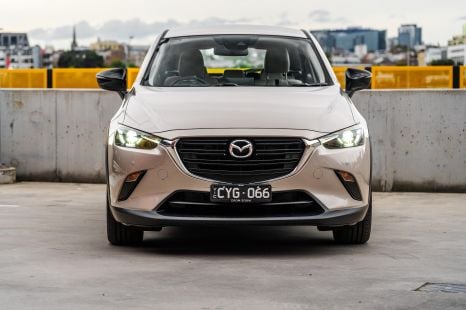

William Stopford
6 Hours Ago
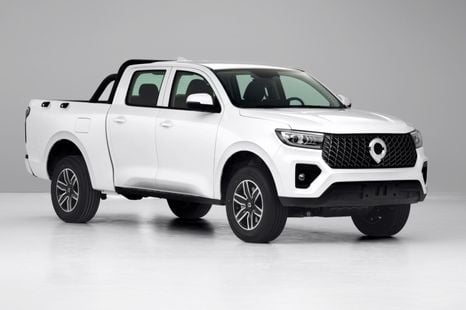

Damion Smy
7 Hours Ago
Add CarExpert as a Preferred Source on Google so your search results prioritise writing by actual experts, not AI.